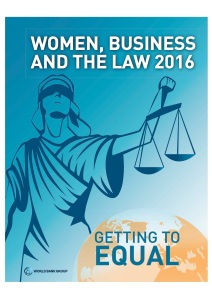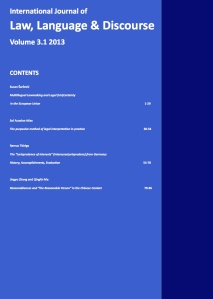 A Law and Corpus Linguistics Conference to be held on Friday 13 October 2023, with pre-conference workshops on Thursday 12 October. The conference will be held at Brigham Young University’s J. Reuben Clark Law School in Provo, Utah.
A Law and Corpus Linguistics Conference to be held on Friday 13 October 2023, with pre-conference workshops on Thursday 12 October. The conference will be held at Brigham Young University’s J. Reuben Clark Law School in Provo, Utah.
Proposals are invited for individual papers and panels. The organizers are open to submissions on a broad range of topics, including but not limited to: Continue reading









You must be logged in to post a comment.